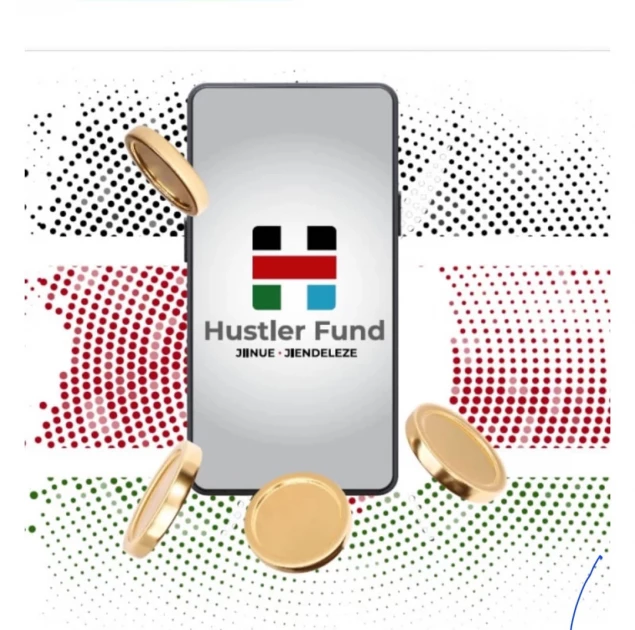Hustler Fund defaulters to miss out on bank and sacco loans

Since its launch in November 2022, the Hustler Fund has disbursed about Sh70 billion to 26 million Kenyans.
Kenyans who fail to repay loans from the Hustler Fund will be barred from borrowing from banks, saccos, and other financial institutions, the government announced on Tuesday.
The move is part of broader plans to improve credit access and market opportunities for Micro, Small, and Medium Enterprises (MSMEs).
The announcement was made by Cooperatives and MSMEs Development Cabinet Secretary Wycliffe Oparanya in Mombasa during the Kenya Public-Private Sector MSMEs Dialogue, attended by over 3,000 entrepreneurs. As of May, the government recorded Sh6 billion in defaults from Hustler Fund borrowers.
“Before any bank approves a loan, it will confirm if the borrower has a history with the Hustler Fund and if they honoured the repayment,” Mr Oparanya said. “This is about accountability. If you took money from the Fund and failed to repay, you will not access credit.”
Since its launch in November 2022, the Hustler Fund has disbursed about Sh70 billion to 26 million Kenyans. The fund was designed to offer affordable financing and create opportunities in the informal sector, “which forms the backbone of Kenya’s economy,” Oparanya said.
“Nine in every 10 Kenyans are engaged in MSMEs. These enterprises drive the country’s economy. Our responsibility is to ensure they have access to affordable finance and a stable market environment,” he added.
To support small businesses further, the government has rolled out additional financial tools, including the Uwezo Fund and the Credit Guarantee Scheme. The Credit Guarantee Scheme allows businesses with a good record to access loans of up to Sh10 million, backed by government guarantees.
“For those who demonstrate discipline and build a good credit score, the Hustler Fund allows you to borrow up to Sh150,000. For defaulters, access to any form of credit will be denied,” Mr Oparanya said.
The minister also emphasized the importance of a cashless economy, encouraging Kenyans to adopt digital transactions. “We encourage Kenyans to buy and sell using their phones. It is fast, safe and efficient,” he said.
To enhance market access, the government is organizing the East African MSME Expo in Nairobi in November, where small businesses from all 47 counties will showcase their products for 10 days. Products that meet Kenya Bureau of Standards requirements will qualify for export across the eight East African Community countries.
“We expect around 5,000 participants, and those whose products meet the required standards will get a chance to begin exporting their goods,” Mr Oparanya said.
